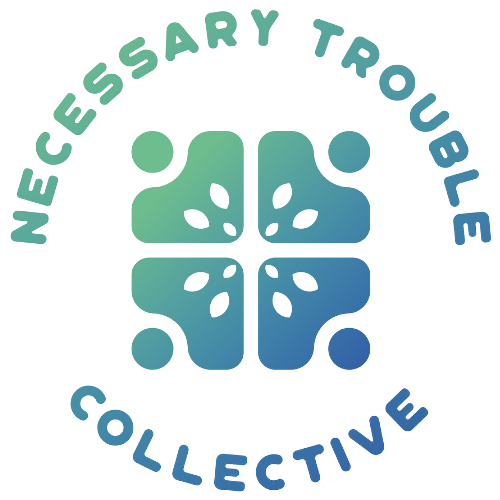DAY 5: Give up believing that white people can experience racism
Let’s revisit again what we learned on Day 1, specifically the difference between racial prejudice, bias and discrimination versus racism.
White people can absolutely be on the receiving end of racial prejudice (i.e. some people believe white men can’t dance), racial bias (white kids might be less likely to be picked for a basketball team), or discrimination (white poor people are denied access to safe housing). All of these are problematic, but none of them are racism.
Affirmative action often raises the ire of white identified folks and is often mentioned as a way that racism is reversed. It’s important to note that the intention of such policies is not to disadvantage white identified folks, but to widen the field to welcome those who have been traditionally marginalised. So if a qualified person of colour and qualified white person are up for a job and the hiring organisation chooses the person of colour, recognising that its current staff makeup has been influenced by racial bias that has left people of colour out, it has still hired a qualified person to do the job.
If the white identified person feels that if it weren’t for the POC applicant, then the position would have been theirs - that is called entitlement, not reverse racism. There may be pain as a result of that choice, and there is pain for all people who apply for work and are not selected. It is not unique to white identified candidates.
SELF REFLECTION: So if you find yourself believing that your whiteness has left you out of the running, we invite you to reflect on why the selection of a person of colour in a competitive field is particularly grievous to you. What would be different if the person was white identified? We invite you to be curious with care - what needs of yours would have been met if a white identified person was selected?
If you are white, when you find yourself feeling upset because you think someone is receiving an unfair advantage, think about how they might be facing systemic barriers to access success that you don’t.
RESOURCES:
